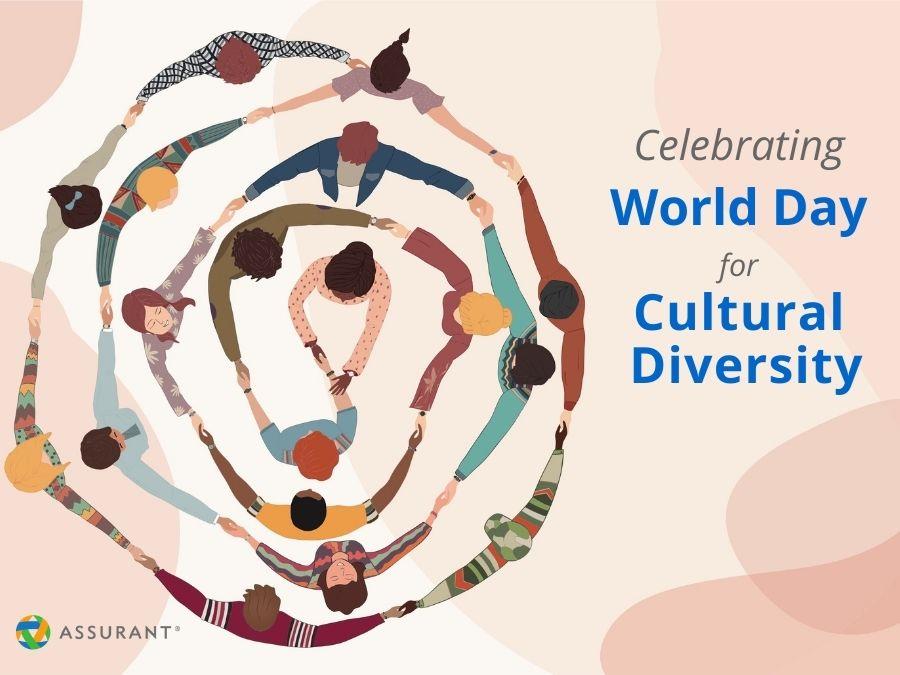The Role of a Community Organizer
A community organizer plays a vital role in bringing people together to work towards common goals and create positive change within their neighborhoods or larger communities. This grassroots approach to advocacy and activism is essential for empowering individuals and fostering social cohesion.
Building Relationships
One of the key responsibilities of a community organizer is to build relationships with community members, local organizations, and stakeholders. By establishing trust and rapport, organizers can effectively engage people in discussions, initiatives, and collective actions that address issues affecting the community.
Identifying Issues
Community organizers work closely with residents to identify pressing issues that need attention, such as access to affordable housing, quality education, healthcare services, or environmental concerns. Through surveys, meetings, and outreach efforts, organizers gather input from the community to prioritize areas for advocacy and intervention.
Mobilizing Resources
Once the issues are identified, community organizers mobilize resources to support initiatives aimed at addressing these challenges. This may involve coordinating volunteers, securing funding or grants, organizing events, or collaborating with local government agencies and nonprofits to implement sustainable solutions.
Advocacy and Empowerment
Community organizers serve as advocates for marginalized or underserved populations within their communities. They amplify the voices of those who may not have access to traditional channels of influence and empower individuals to take action on issues that directly impact their lives.
Creating Sustainable Change
By fostering collaboration, dialogue, and collective action, community organizers help create lasting change that benefits the entire community. Their work goes beyond short-term fixes by building capacity within the community to address systemic issues and promote social justice.
Conclusion
In conclusion, a community organizer plays a crucial role in uniting people around shared values and aspirations. Through relationship-building, issue identification, resource mobilization, advocacy efforts, and empowerment initiatives, organizers contribute to building resilient communities where all members can thrive.
9 Essential Tips for Effective Community Organizing
- Build relationships with community members
- Listen actively to understand their needs and concerns
- Empower others to take action and lead initiatives
- Organize events and activities to engage the community
- Collaborate with local organizations and stakeholders
- Advocate for social justice and equality within the community
- Communicate effectively through various channels
- Stay organized and keep track of important information
- Continuously evaluate and adapt strategies for maximum impact
Build relationships with community members
Building relationships with community members is a fundamental aspect of effective community organizing. By establishing trust, rapport, and understanding with individuals within the community, organizers can create a strong foundation for collaboration and collective action. These relationships not only help in identifying the needs and priorities of the community but also in mobilizing support for initiatives and advocacy efforts. Through genuine connections and active listening, community organizers can empower residents to take ownership of their shared goals and work together towards positive change.
Listen actively to understand their needs and concerns
Active listening is a fundamental skill for a community organizer as it enables them to truly understand the needs and concerns of the community members they serve. By listening attentively and empathetically, organizers can build trust, establish meaningful connections, and gain valuable insights into the issues that matter most to the people they are working with. This practice not only fosters a sense of inclusivity and respect but also allows organizers to tailor their efforts effectively to address the specific needs and concerns of the community, ultimately leading to more impactful and sustainable change.
Empower others to take action and lead initiatives
Empowering others to take action and lead initiatives is a fundamental aspect of being a successful community organizer. By providing individuals with the tools, resources, and support they need to step into leadership roles, organizers can cultivate a sense of ownership and agency within the community. This approach not only helps distribute responsibilities more effectively but also nurtures a culture of collaboration and collective impact, ultimately fostering sustainable change from within the community itself.
Organize events and activities to engage the community
Organizing events and activities is a powerful strategy for community organizers to engage and mobilize the community. By hosting gatherings, workshops, or recreational activities, organizers create opportunities for residents to come together, share ideas, and build relationships. These events not only foster a sense of belonging and unity but also provide a platform for discussing important issues, raising awareness, and inspiring collective action. Through well-planned events, community organizers can strengthen community bonds, empower individuals, and drive positive change within the neighborhood or larger community.
Collaborate with local organizations and stakeholders
Collaborating with local organizations and stakeholders is a key tip for community organizers to effectively address issues and drive positive change within their communities. By forming partnerships with existing groups, nonprofits, businesses, and government agencies, organizers can leverage resources, expertise, and networks to amplify their impact. This collaborative approach not only brings diverse perspectives to the table but also fosters a sense of shared ownership and collective responsibility in tackling community challenges. By working together towards common goals, community organizers can achieve sustainable outcomes that benefit the community as a whole.
Advocate for social justice and equality within the community
Advocating for social justice and equality within the community is a fundamental aspect of the community organizer’s role. By championing these values, organizers strive to create a more inclusive and fair society where everyone has equal opportunities and rights. They work to address systemic inequalities, discrimination, and injustices that may exist within the community, empowering individuals to stand up for their beliefs and fight for positive change. Through education, awareness-raising campaigns, and collaborative efforts, community organizers play a pivotal role in advancing social justice and equality for all members of the community.
Communicate effectively through various channels
Effective communication is a cornerstone of successful community organizing. Utilizing various channels such as social media, community meetings, email newsletters, and traditional media allows organizers to reach a diverse audience and engage with community members in meaningful ways. By adapting their messaging to different platforms and audiences, community organizers can amplify their impact, share important information, and mobilize support for collective action. Clear, consistent, and inclusive communication fosters transparency, builds trust, and strengthens relationships within the community, ultimately leading to more effective advocacy efforts and positive change.
Stay organized and keep track of important information
Staying organized and maintaining a record of essential information are fundamental practices for a community organizer. By staying organized, organizers can efficiently manage tasks, deadlines, and resources, ensuring that initiatives run smoothly and effectively. Keeping track of important information, such as contact details, meeting notes, and project updates, helps organizers stay informed and prepared to address community needs promptly. This disciplined approach not only enhances productivity but also fosters trust and credibility within the community, demonstrating a commitment to transparency and accountability in organizing efforts.
Continuously evaluate and adapt strategies for maximum impact
Continuously evaluating and adapting strategies is a crucial tip for community organizers to ensure maximum impact in their efforts. By regularly assessing the effectiveness of their approaches, organizers can identify what is working well and what needs adjustment to achieve the desired outcomes. This process of reflection and refinement allows organizers to stay responsive to the evolving needs of the community, fine-tune their methods for greater efficiency, and ultimately drive positive change more effectively.




